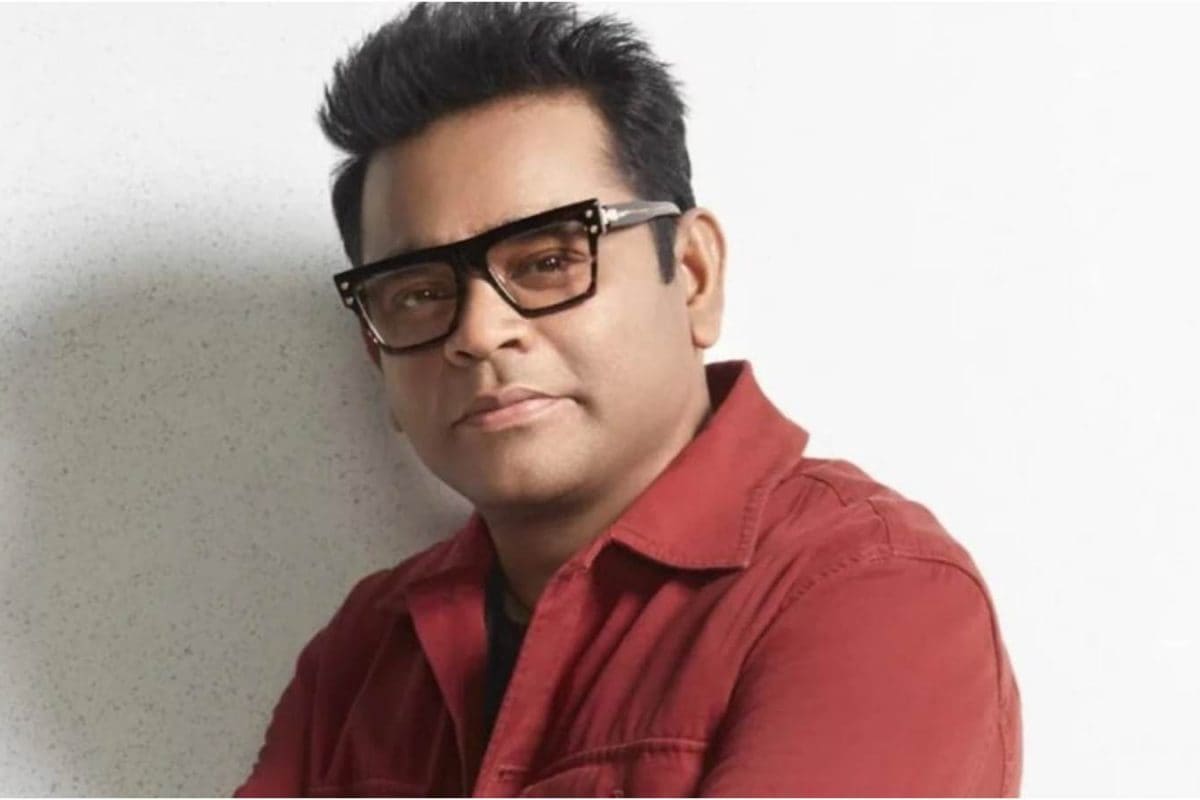

A.R. Rahman, the globally celebrated music composer, has revealed his decision to decelerate his career pace, citing a desire to prioritize family and personal well-being. In a recent interview, the Oscar-winning artist reflected on his journey, acknowledging that his relentless work ethic sometimes caused him to miss out on crucial aspects of life.
Rahman, often referred to as the "Mozart of Madras", has been a dominant force in the music industry for over three decades. His innovative compositions, blending traditional Indian sounds with contemporary music, have earned him international acclaim and a massive following. Rahman's discography boasts over 145 films in multiple languages, including Hindi, Tamil, and English. He commands a fee of approximately ₹3 crore per song and earns ₹1 crore to ₹2 crore per live performance.
The musician's career began at an early age, and his breakthrough came in 1992 with the Tamil film Roja. This success led to collaborations with renowned filmmakers like Mani Ratnam. Rahman's work extends beyond Indian cinema, including collaborations on international projects such as Slumdog Millionaire, for which he won two Academy Awards in 2009.
Despite his success, Rahman's journey wasn't without challenges. He started his career as a record player operator, earning minimal wages. However, his dedication and talent propelled him to global stardom.
In recent years, Rahman has observed a cultural shift in the music industry, with greater openness to experimentation and cross-cultural collaborations. He embraces new platforms like social media reels to discover emerging artists and connect with musicians from around the world. Rahman believes that music possesses the power to shape society, advocating for good music and poetry to inspire positive change.
While some perceive a decline in Rahman's recent work, he continues to explore new musical territories. He is composing music for upcoming films such as Ufff Yeh Siyappa, a dialogue-free Hindi movie. Rahman is also experimenting with artificial intelligence (AI) in music, recognizing its potential for empowerment while cautioning against its misuse.
Rahman's decision to slow down reflects a broader understanding of life's priorities. He acknowledges that his earlier "maniac" work pace led him to miss out on personal experiences and family time. Now, he aims to strike a balance between his professional pursuits and personal life. He seeks to learn new things and spend quality time with his family. Despite a hectic schedule, Rahman is also taking care of his health.
Rahman's legacy extends beyond his musical achievements. Through his AR Rahman Foundation, he supports charitable causes related to education and social development. Despite maintaining a relatively private life, his separation from his wife after nearly three decades made headlines. Rahman remains a respected figure, admired for his humility and dedication.
As Rahman enters a new phase of his career, his focus shifts towards personal fulfillment and exploring new avenues while continuing to inspire through his music.